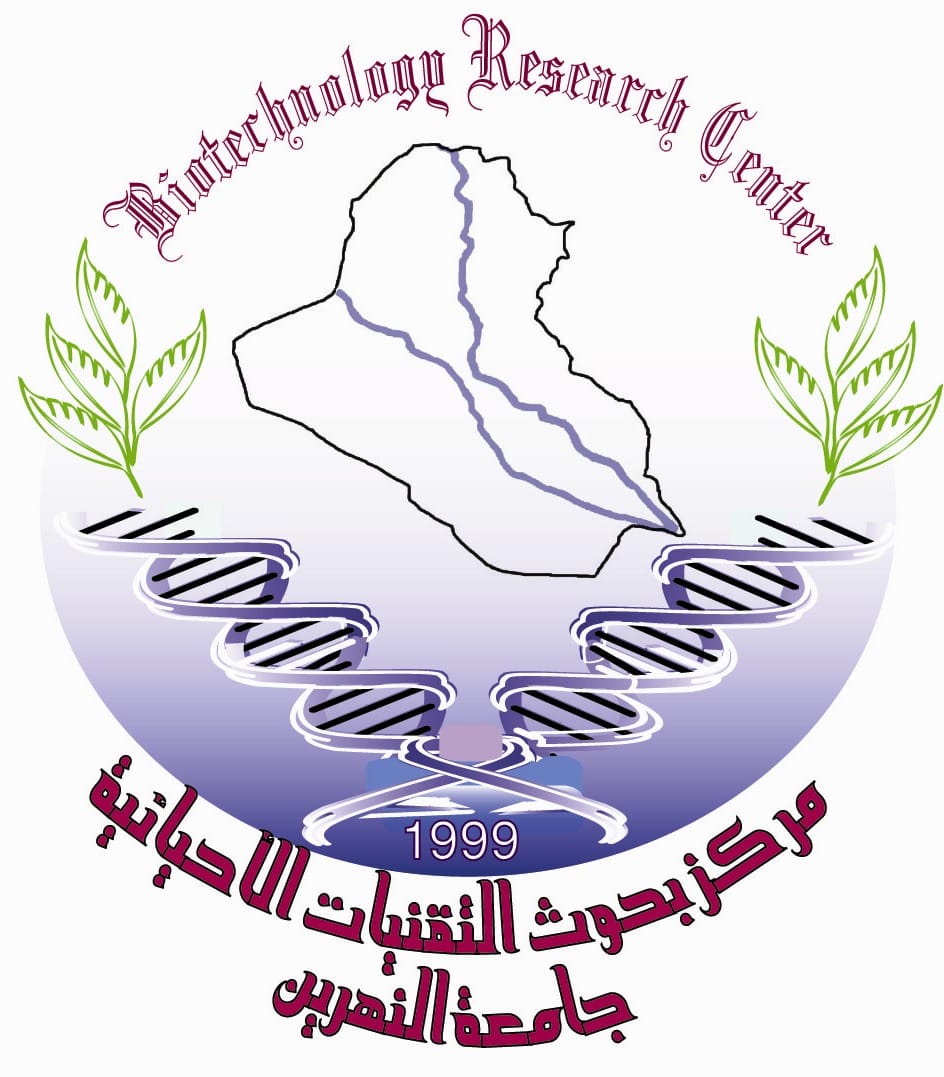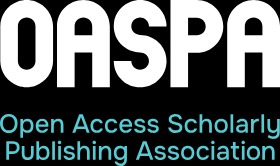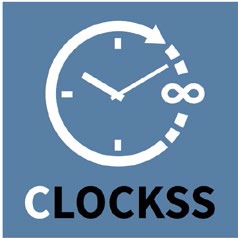complaint and appeal Policy
Appeals and Complaints
Policy and Process
The below procedure applies to appeals to editorial decisions, complaints about failure of processes such as long delays in handling papers and complaints about publication ethics. The complaint should in first instance be handled by the Editor-in-Chief(s) responsible for the journal and/or the Editor who handled the paper. If they are the subject of the complaint please approach the in-house publishing contact.
Complaint about scientific content, e.g. an appeal against rejection
The Editor-in-Chief or Handling Editor considers the authors’ argument, the reviewer reports and decides whether
- The decision to reject should stand;
- Another independent opinion is required
- The appeal should be considered.
The complainant is informed of the decision with an explanation if appropriate. Decisions on appeals are final and new submissions take priority over appeals.
Complaint about processes, e.g. time taken to review
The Editor-in-Chief together with the Handling Editor (where appropriate) and/or in-house contact (where appropriate) will investigate the matter. The complainant will be given appropriate feedback. Feedback is provided to relevant stakeholders to improve processes and procedures.
Complaint about publication ethics, e.g., researcher's author's, or reviewer's conduct
The Editor-in-Chief or Handling Editor follows guidelines published by the Committee on Publication Ethics. The Editor-in-Chief or Handling Editor may ask the publisher via their in-house contact for advice on difficult or complicated cases. The Editor-in-Chief or Handling Editor decides on a course of action and provides feedback to the complainant. If the complainant remains dissatisfied with the handling of their complaint, he or she can submit the complaint to the Committee on Publication Ethics.










